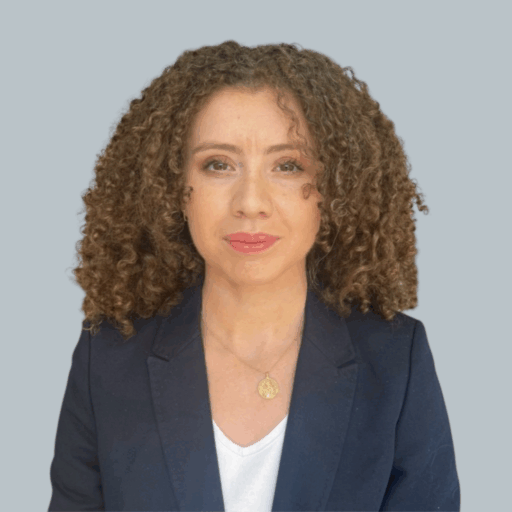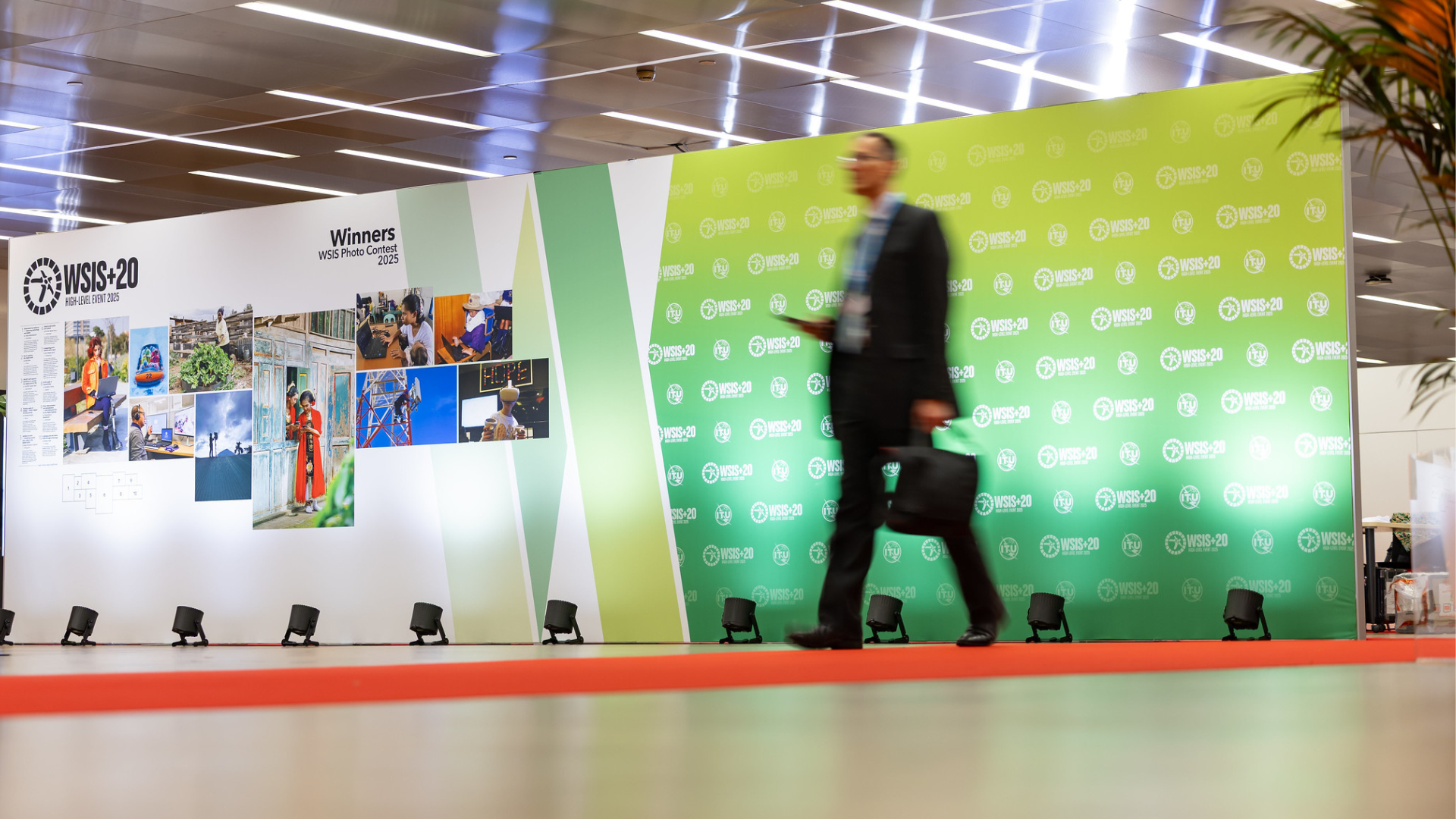WSIS+20: two decades of the World Summit on the Information Society
Earlier this month, the World Summit of Information Society (WSIS) Process marked its 20th anniversary in Geneva, Switzerland. The focus of attendees was undeniable: the WSIS+20 Review is set to be finalised in December and will establish the next phase of the WSIS Process. The International Telecommunications Union (ITU) Secretary General, Ms. Doreen Bodgan-Martin described the core of the WSIS Process as “multi-stakeholder participation”, as attendees from the public sector, private sector, academia, and civil society gathered to affirm their commitment to digital cooperation and accelerate progress towards the UN Sustainable Development Goals (SDGs).
The WSIS High Level Event, 7-11 July 2025, was co-organised by the ITU, the UN Educational, Scientific and Cultural Organization (UNESCO), the UN Development Programme (UNDP), and the UN Conference on Trade and Development (UNCTAD) and hosted in the same building as the ITU’s AI for Good annual conference. Over the course of the week, over 11,000 attendees participated in one or both conferences, with the two events coming together to host the AI Standards Day on Thursday 10th July.
High‑Level Track: inclusive, knowledge‑driven digital societies at WSIS+20
The High-Level Track Session focused on inclusive and knowledge-driven digital societies. It took place on Wednesday 9th July and featured representation from the Somalian, Ugandan and Zimbabwean telecommunications and ICT regulators, the Jamaican National AI Task Force, the World Association for Christian Communication, the Bangladesh NGOs Network for Radio & Communication, and the Leadership Panel for the Internet Governance Forum.
The discussion underlined two core foundations essential for building digital societies that are both inclusive and knowledge-driven in nature: digital infrastructure and digital literacy. To capitalise on the benefits offered by participation in the digital society, individuals must not only have strong, secure access to the digital ecosystem, but also be equipped with the necessary skills to navigate it. This can be directly linked to WSIS Action Line Two (infrastructure) and Action Line Four (capacity building) respectively.
Panellists also addressed the challenges of keeping pace with innovations in emerging technology, such as artificial intelligence. This requires more advanced infrastructure and specialised training programmes for communities to harness its benefits and ensure it is used in a safe, secure manner. The Jamaican AI Task Force has compiled a report highlighting opportunities for the integration of AI in public services, where a key area of focus is the education sector. Additionally, the Leadership Panel for the Internet Governance Forum reflected on the various technologies that render the digital world accessible to people with disabilities, who would otherwise be excluded.
The future vision of the WSIS Process, as articulated by the Panel, is twofold: firstly, the WSIS Process should continue its work in steering national policies that focus on digital infrastructure, digital upskilling, and inclusion for all, regardless of age, gender, or (dis)ability. Secondly, the WSIS Forum should act as a strong connecting point between the broader UN and international fora and national actors to help create localised action plans for nations to enact the principles of the WSIS Action lines and accelerate progress towards building inclusive, knowledge-driven societies.
Youth participation in the WSIS+20 Review
Youth engagement was a key pillar of WSIS+20, highlighted through the Youth Special Track, which featured interactive workshops, networking events, and an intergenerational High-Level Dialogue. A standout session, “Youth building the digital future – WSIS+20 Review and Beyond 2025,” featured contributions from young leaders, with participation from Access Partnership, on the future of inclusive, ethical digital transformation. With over 300 youth participants actively shaping the dialogue, a key takeaway was the ITU’s commitment to institutionalising youth participation within the WSIS Process going forward.
Network of Women Breakfast
On the sidelines of the WSIS Event, the ITU hosted the second edition of its Network of Women Breakfast, serving as a platform for women and allies in the ITU sector to connect, share experiences, and support each other’s professional growth. The event reflected on the progress made towards achieving gender equality and inclusion in the digital sector and highlighted the worrying increase of the gender digital divide across some geographies. The event showcased the ITU160 Gender Champions Initiative, launched in collaboration with the Government of Canada. To mark the ITU’s 160th anniversary this year, this initiative has selected 10 young women who are advancing digital transformation and development in their communities, many of whom were present in Geneva and shared their innovative approach to making technology more accessible and effective for those around them.
Next steps
In an increasingly crowded digital development global landscape, WSIS’ foundational multi-stakeholder approach ensures it stands out from the crowd. Access Partnership has extensive experience in this forum, both through direct participation and the support of our public and private sector clients’ engagements. We are closely monitoring the progress of the WSIS+20 Review and the anticipated alignment of the WSIS Process with the UN Global Digital Compact, with the aim of supporting advancement towards the UN Sustainable Development Goals.
If you would like to learn more about this process and possible avenues to engage in global events related to digital cooperation, WSIS Process or otherwise, please reach out to Hamza Hameed at [email protected] or Cerys Stansfield at [email protected].
Photo credits:
Article photo: “World Summit on the Information Society (WSIS)+20 High-Level Event 2025” by ITU Pictures, CC BY-NC-SA 4.0
Socials photo: “World Summit on the Information Society (WSIS)+20 High-Level Event 2025” by ITU Pictures, CC BY-NC-SA 4.0


Authors




